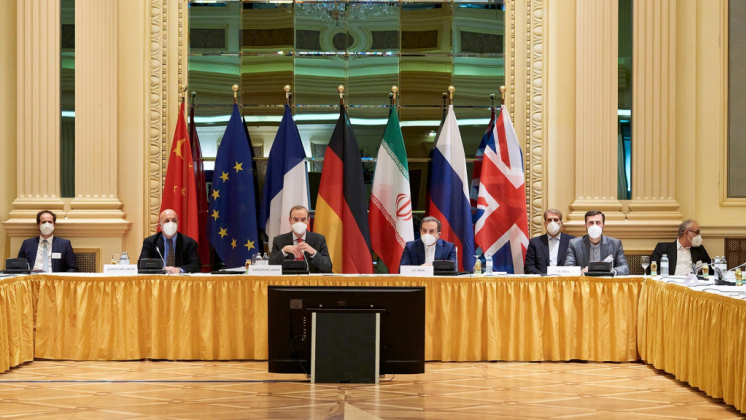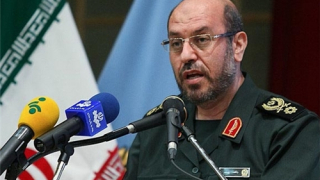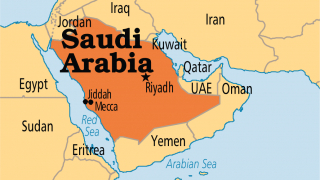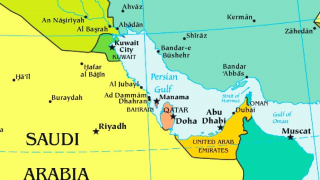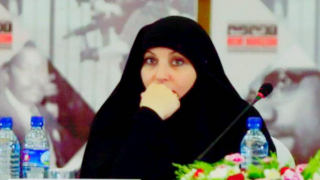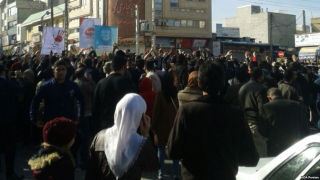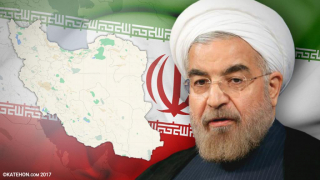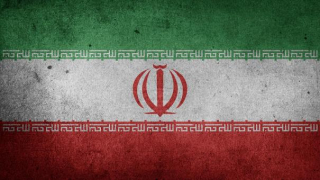Vienna Talks instead of Sanctions Removal
There are at least two reasons why IR Iran must not give up its position and the conditions to lift all sanctions first and foremost, and only then start re-negotiations regarding JCPOA, the so-called nuclear agreement.
The first reason is the unilateral withdrawal of the United States from the agreement, and the second is the suspension of negotiations in June, due to the election of Mr. Reisi as the President of Iran.
The first reason, related to the unilateral withdrawal of the United States from the agreement, indicates that the United States cannot be trusted, even when they sign some document. Another reason, related to the suspension of negotiations in June due to the election of Mr. Reisi for the president of IR Iran points out that the political West does not respect the electoral will of the Iranian people, and thus the sovereignty of Iran. The Western countries have shown once again that they have double standards - ones for themselves, and the others for those countries of the world that are not under their control.
All this makes the dilemma arise about goodwill and the outcome of these repeated negotiations - because the United States conditions its return to the negotiating table with something (anything), and the countries of continental Europe involved in the negotiations (France and Germany) and Britain do not respect the electoral will of the Iranian people, expressed in the presidential elections in June this year. If the interference of the Zionist entity is added, which has nothing to do with all this, yet it raises its voice, the dilemma about the good intentions of the political West will intensify.
Furthermore, it is already well known that sanctions are the basic geopolitical weapon of the political West - they are used to prevent the development of sovereign states that do not belong to the political West - especially when it comes to countries rich in strategic raw materials, which are unwilling to make their wealth available to Western countries.
The so-called “Green Agenda” is now the main ideology in the European Union, Britain and United States - and this green agenda has nothing to do with environmental concerns, but with an attempt to stop the influence of countries such as China, Russia, Iran and all other countries that possess natural resources and strategic raw materials and use them in accordance with own state policies.
It is crystal clear to the political West that the Iranian scientific research sector is very developed and that Iranian scientists, if they wanted to, could have made nuclear weapons so far.
It is also important to mention the very problematic role of the International Atomic Energy Agency, which sometimes openly takes the side of the political West, so the objectivity and neutrality in the judgment of this international body can be called into question.
After the first day of this round of negotiations, the pro-Western European media published comments by some European politicians who were pleasantly surprised by Iran's thorough approach. However, that soon changed, because they were probably criticized by English and Americans, so those same politicians became disappointed by Iran's approach. It is now obvious that the optimism of the Iranian Minister of Foreign Affairs, Mr. Abdollahian was well-based, but it is also obvious that behind-the-scenes actions and irresponsibility are the basic negotiating position of the United States and its European and island partners.
And the very setting of the negotiations is rather frivolous - negotiations are taking place in formally neutral Austria, and the mediator between Iran and the United States is the European Union - which is an extended arm of the United States in Europe.
The countries that signed the JCPOA with Iran are, in fact, permanent members of the UN Security Council plus Germany. One can get impression that the political West is using every possible situation to slowly promote Germany as the next member of the Security Council, regardless of Germany's Nazi past, which still exists in some parts of Germany, as well as in German politics. This once again shows the lack of norms and standards of the so-called international community, which is an euphemism for the political West.
Iran should abandon the talks and demand to continue them in the Security Council, without the mediation of American partners from the EU, led by Germany, as well as without the individual presence of Germany, which is still an occupied country and its legitimacy is highly questionable. Germany has had at least 40,000 American troops since the end of World War II, and Germany cannot be a sovereign factor in any international situation. Since the death of General de Gaulle, the sovereignty of France has been questionable as well, but France is a member of the UN Security Council.
Iran is dealing with an organized criminal group, which is abusing both international law and laws and charters and everything it can, in order to maintain or regain its influence around the world. The Western countries have shown that they cannot be trusted, that they do not fulfill the undertaken obligations, that they can destroy and not respect any agreement, and at the same time ask others to continue to respect the same agreement. It is frivolous and criminal behavior. If there is no progress in this round of negotiations, Iran should leave the negotiations and set even stricter conditions for its return to the agreement in the next round. Or to address the UN Security Council for a new agreement.

